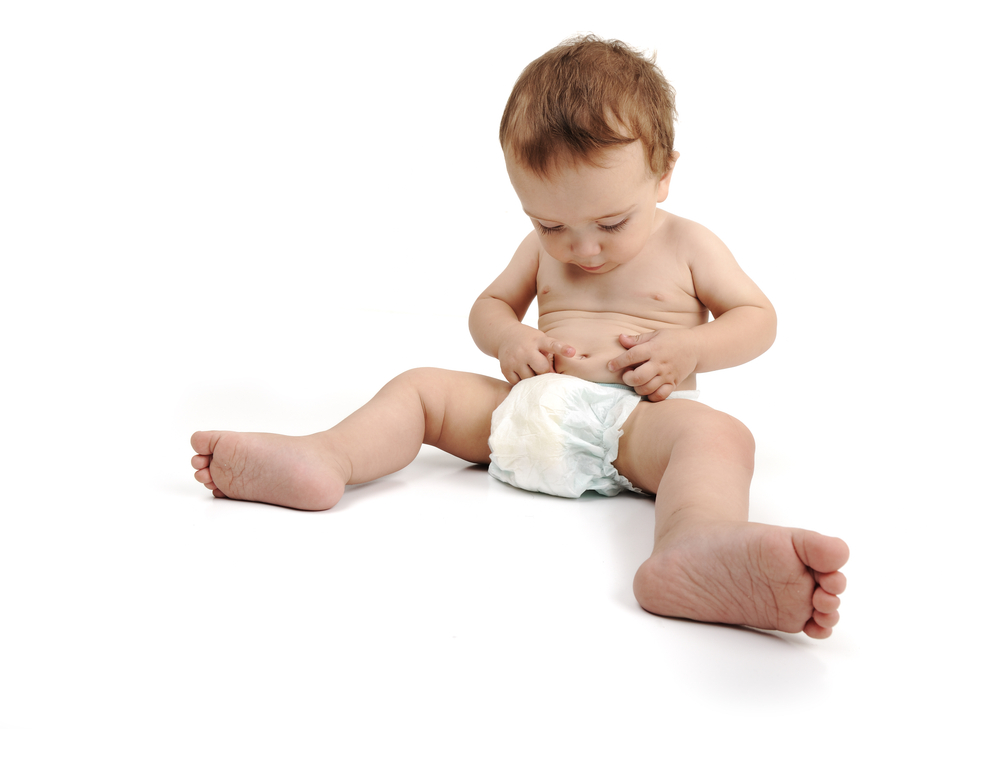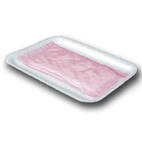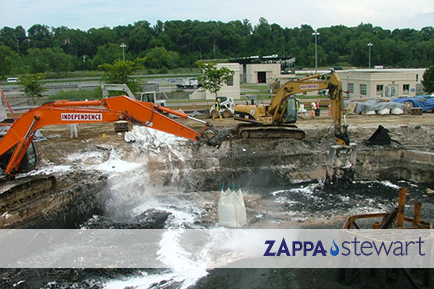Safety is of the highest importance with most companies in any industry. And while sodium polyacrylate superabsorbent polymers (SAP) are extremely safe products, misconceptions or uncertainties about the safety of SAPs are often encountered in various SAP end-use markets.
Sodium polyacrylate SAPs are used globally in a very broad range of industrial, consumer, personal hygiene, agricultural, and environmental applications. SAPs provide the absorbency of the modern baby diaper and the absorbent pads found in supermarket meat packaging. In many industrial settings SAPs are used every day to render liquid-bearing toxic waste safe enough to be disposed of in landfills.

The Common Baby Diaper – The most famous SAP application
How Safe Are SAPs?
The most common safety-related misconception about SAPs is that they will leach toxic chemicals into the environment (soil, groundwater, drinking water, etc.), but this belief is simply not true. SAPs are inert materials that have undergone extensive toxicity testing, the results of which demonstrate an exceptionally low toxicity profile for direct skin contact in humans. Remember, SAPs are used in baby diapers and feminine hygiene products, consumer markets that have extremely low tolerances for toxins due to the products’ intimate contact with human skin.
 Further supporting the low toxicity of SAPs was the U.S. Food & Drug Administration’s (link to FDA approval document) 2001 approval of sodium polyacrylate SAPs for use as an indirect food additive. Following approval, SAPs became widely adopted for use in meat and poultry packaging. Not only are SAPs safe on their own, SAPs make food safer for consumers by absorbing blood and other fluids from meat that would otherwise present an ideal medium for the growth and spread of dangerous bacterial pathogens.
Further supporting the low toxicity of SAPs was the U.S. Food & Drug Administration’s (link to FDA approval document) 2001 approval of sodium polyacrylate SAPs for use as an indirect food additive. Following approval, SAPs became widely adopted for use in meat and poultry packaging. Not only are SAPs safe on their own, SAPs make food safer for consumers by absorbing blood and other fluids from meat that would otherwise present an ideal medium for the growth and spread of dangerous bacterial pathogens.
If SAPs are safely used in baby diapers, feminine hygiene products, and food packaging, it is reasonable to conclude that SAPs are also safe for the solidification of liquid-bearing waste streams such as coal combustion residuals (coal ash) and contaminated sediments. Solidification of waste material with SAPs is most often followed by disposal of the solidified media in a landfill, where the SAPs retain the liquid, preventing leaching of potentially toxic fluid into the landfill’s leachate. In addition, SAPs are increasingly used for solidification of horizontal directional drilling (HDD) mud, which can often be solidified and left in place, eliminating transportation and hauling costs.

SAP being applied for waste solidification of hazardous industrial sludge
Conclusion:
In summary, sodium polyacrylate superabsorbent polymers are inherently safe and non-toxic and suitable for uses that involve intimate contact with human skin, food, and the environment. Not only are SAPs materials safe, but SAPs are used every day to help millions of people worldwide live healthier and safer lives.
For more information about superabsorbent polymers please contact us.





